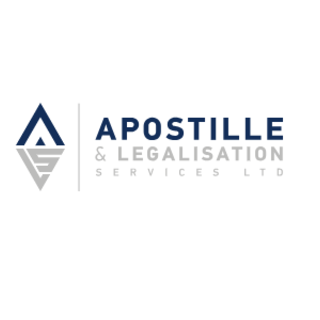Document notarisation is the process of having a legal document certified by a public officer known as a notary public. In the UK, notaries are highly qualified lawyers who have undergone specialized training and been appointed by the Court of Faculties or the Master of the Faculties. Their role is to act as an impartial witness and certify the authenticity of signatures, the capacity of those signing documents, and other key facts relating to the document.
The notarisation process helps prevent fraud and provides an extra layer of security and legal standing to important documents, especially those that will be used abroad. Many countries around the world require notarisation for documents like powers of attorney, affidavits, deeds, and other official papers before they will be accepted or deemed legally valid.
What Documents Need to be Notarised?
Common documents that often require notarisation in the UK include:
Powers of attorney
Affidavits and statutory declarations
Certified copies of original documents
Deeds and property transfer documents
Corporate documents like board minutes or resolutions
Personal agreements and contracts
Wills and other estate documents
Personal identification documents for use abroad
Essentially any important legal document, especially one that will be used internationally, may need the certification and verification provided by a notary public.
What is the Notarisation Process?
The basic notarisation process involves bringing your original document and valid photo ID to a notary public. The notary will witness you signing the document and complete a notarial act or certificate detailing what was witnessed and verified. This notarial certificate gets permanently attached to the document.
The notary may also copy and certify the document as a "true copy" of the original, apply their official seal or stamp, and make additional certifications depending on the specific document type and its intended use.
What are the Key Steps?
Make an appointment with a notary public
Bring your original, unsigned document and photo ID
Sign the document in the presence of the notary
The notary witnesses the signature and completes a notarial certificate
The notarised document is issued with the certificate attached
What are the Requirements?
To have a document notarised, the key requirements are:
The document must be an original, not a photocopy
You must sign the document in person in front of the notary
You must provide valid photo ID to prove your identity
Pay the notary's fees for their services
What are the Costs?
Notary fees in the UK can range from around £5 for a basic document certification up to £100+ for more complex documents like those involving international use. Fees are set by each notary based on their location, the type of document, and any additional services like certifying copies or translations.
What are the Benefits?
The primary benefits of getting documents notarised include:
Verifying the identities of all parties involved
Confirming signatures were applied willingly and with full understanding
Providing an auditable trail that deters fraud
Adding legal weight and formality to the document
Meeting international legal requirements for use of documents abroad
By having important documents properly notarised by a qualified professional, you can help ensure their integrity and broad acceptance both domestically and globally. This service is invaluable when high-stakes legal matters are involved.

